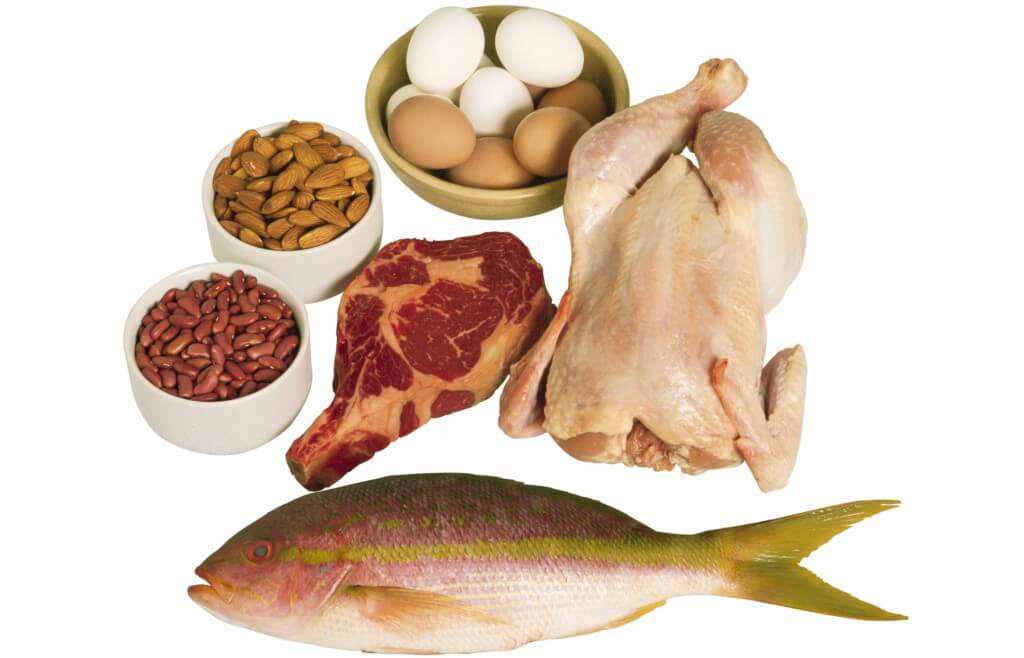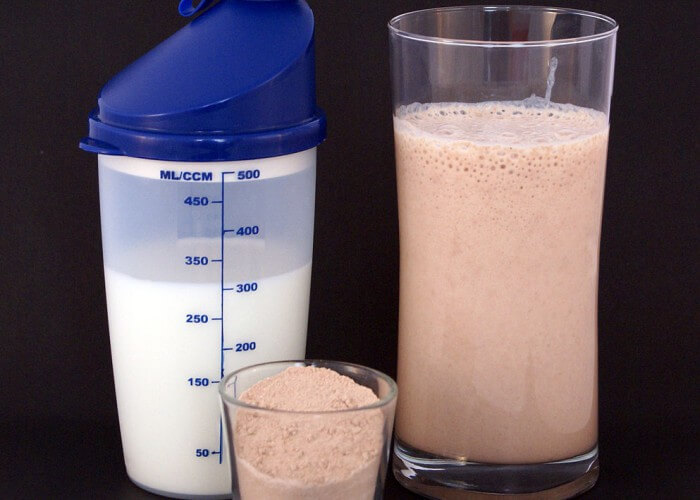The Skinny on Protein…Enough is Enough!

By Bonnie Schipper, Swimming World College Intern
Now that Thanksgiving has come and gone, swimmers around the world are getting back into mid-season form and abiding by diets that will enhance their performance, taking in lots of carbs, water, and oh! Protein!
Protein is viewed as a necessity for athletes. Workouts are followed by protein bars, protein shakes, and a wide variety of other foods loaded with the compound. A common misconception for swimmers, however, is that protein intake is directly correlated with performance. Simply put, more protein doesn’t necessarily mean better athletic performance.
According to researchers, the typical person should consume between 0.55 and 0.90 grams of protein for each pound of body weight each day. Swimmers, while engaging in regular workouts, should look to consume between .80 and 1.40 grams, and should take in about 20 grams of high-quality protein within the hour following a workout for improved muscle repair. At the beginning of a season, athletes need to consume more protein than usual in order to build up and strengthen muscle.

“Most young athletes get plenty of protein in their diet from the food they eat,” nutritionist Jill Castle said in a recent article. “In fact, studies show that most young athletes eat 2-3 times more protein than they need. However, swimmers who diet or follow a vegan diet may fall short on good protein sources.”
Excess protein intake can lead to nausea and diarrhea, and can cause long-term problems such as weight gain, decreased liver and brain function, and high cholesterol. The typical body can metabolize somewhere between 25 and 35 grams of protein per meal, so it is important to consume a series of small meals over the course of the day.
Your body uses protein in order to repair tissue, create enzymes and hormones, maintain fluid balance, and transport nutrients, and it is absolutely necessary in order to swim at a high level. “High quality proteins” are found in lean meat, seafood, and chicken, as well as in most dairy products. Other quality sources of protein include nuts, and soy.
“Studies have pointed to chocolate milk as a good recovery snack, as it contains protein (a casein- and whey-based type of protein) and carbohydrate, of which effectively repair muscle and supply glycogen (energy) to the muscle, respectively,” Castle said. “Other sources of protein, like cheese or yogurt, combined with a carbs like crackers or fruit, likely provide similar benefits as chocolate milk.”
As your swim season kicks into full gear, be sure you are consuming a healthy amount of protein and other nutrients in order to be at your very best! Reccomended protein intake varies from person to person, so check with a doctor or nutritionist before making any drastic changes to your diet.
More information regarding athetes’ diets can be found in Jill Castle’s new book, “Eat Like a Champion: Performance Nutrition for Your Young Athlete!”



